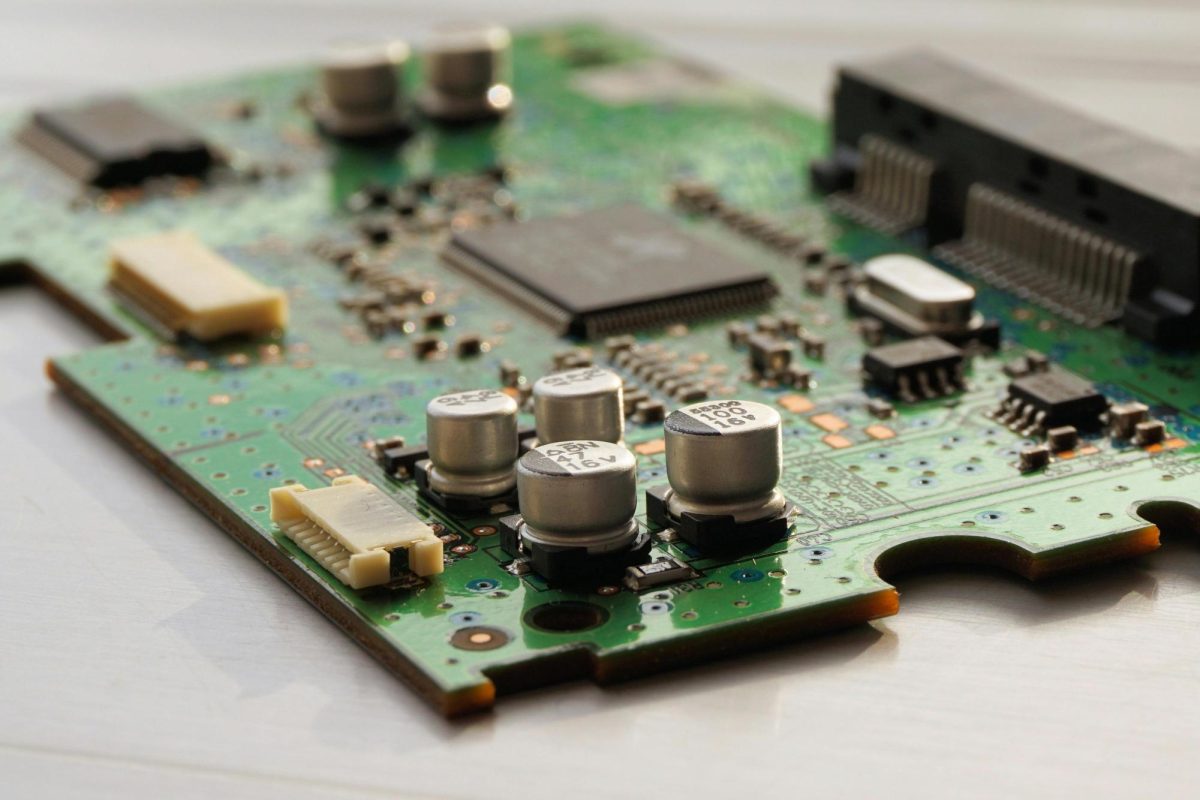Over the last few years, China has been raising tensions with Taiwan. With repeated military drills going into Taiwanese territory, it seems that they are preparing for a war. While this is partly due to China’s One China Policy, there is another reason: Taiwanese Semiconductor Chips.
What are they?
A semiconductor is a substance that is a mix between a conductor and an insulator. For example, it is like a cross between copper (a conductor) and wood (an insulator). This allows them to conduct electricity under some conditions and not under other conditions.
Why are they important?
Semiconductor chips are used in almost all forms of computing. They are used in cars, phones, computers, and so much more. The most advanced conductors are three nanometers, and are used by companies, like Nvidia and Apple.
According to CNN, these chips are “the muscle behind generative artificial intelligence.”
Why Taiwanese Semiconductors?
The Taiwanese Semiconductor Manufacturing Company (TSMC) makes more of these chips than any other company in world.
They are “Leading with a 68% market share” according to IT Brew, and around 84% when it comes to three nanometer chips.
Taiwan might face challenges soon.
In the most recent Taiwanese election, the Green party won. Out of the three main parties in Taiwan, the Green Party is the most vocal for Taiwanese independence from China. China has made it very clear that there is only one China, and that Taiwan is a part of it.
“The Chinese People’s Liberation Army…will take all necessary measures to firmly crush ‘Taiwan independence’” said India Times.
A satellite image from one of China’s military bases in Mongolia was captured having created a “series of roads that perfectly re-created the roads around the presidential palace in Taipei” according to Wired.
How does this affect HCP?
If China invades Taiwan, the production of new chips could be hindered. Due to TSMC’s near monopoly of the market, the supply for most electronics would fall, therefore increasing the cost of all new electronics.
History teacher Devin Veney said he likely would not purchase a new phone if prices increased.
“No, I would not.” The only way he would get a new phone “was if they would give me something else on the back end, so they would have to extend a warranty… or a free phone case.”
In an interview NBC News, the founder and chief executive officer of Macronix, a Taiwanese chipmaker, Miin Wu, said, “My opinion is, you will be set back at least 20 years.”





